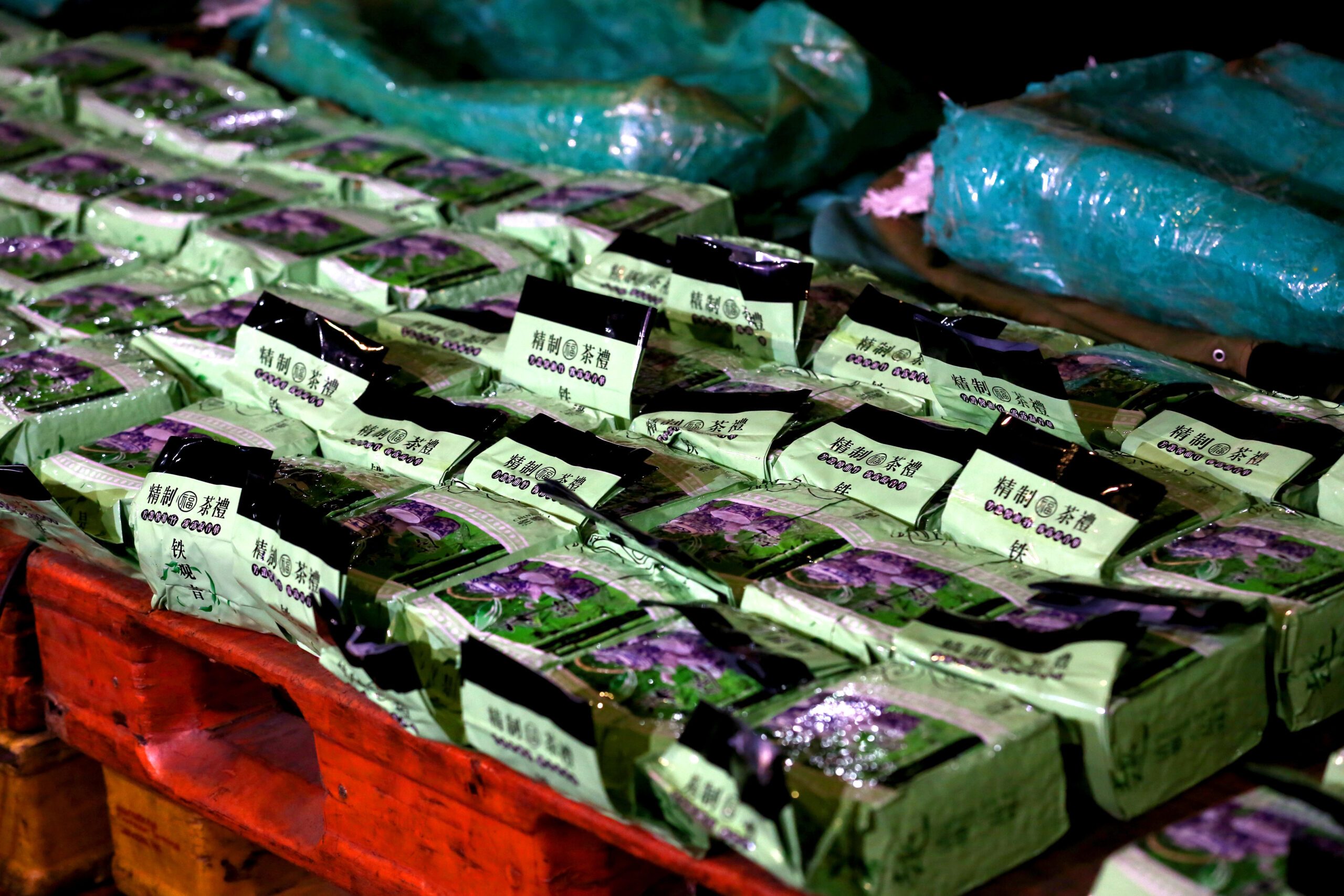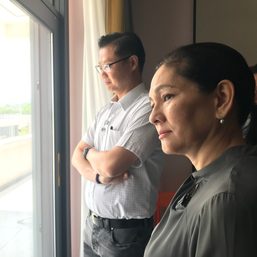SUMMARY
This is AI generated summarization, which may have errors. For context, always refer to the full article.

Senators have flagged the Philippine Drug Enforcement Agency (PDEA) for keeping a “huge inventory” of seized drugs that should have been destroyed immediately, as provided under the law.
Senate Minority Leader Franklin Drilon and Senator Panfilo Lacson raised this during a Senate hearing on the proposed PDEA budget for 2021 on Tuesday, September 29.
Responding to Drilon’s questions, PDEA director Wilkins Villanueva reported that they currently have in storage 2.82 tons of illegal drugs – mostly methamphetamine hydrochloride (shabu) under the care of their crime laboratories.
Villanueva said that PDEA destroyed over two tons of illegal drugs at once in August, and that another 300 kilograms will be destroyed in November.
“We are concerned of the huge inventory of confiscated drugs,” Drilon said, as he expressed concern that some law enforcers may seize the opportunity to recycle the stored drugs.
“I hope we can turn [the storage] to zero or reduce it to grams by November,” Lacson said, referring to when the budget deliberations reach the Senate plenary.
In practice, the PDEA destroys illegal drugs by the hundreds of kilograms to save the effort of processing and destroying them immediately following each drug bust. The destruction of the big volume of collected drugs are turned into events for media coverage.
Under Republic Act No. 9165 or the Comprehensive Dangerous Drugs Act of 2002, confiscated drugs are to be destroyed in the presence of the accused or a representative or counsel; representatives from the media, the Department of Justice, and civil society groups; and any elected public official.
Why the cause for concern?
Drilon and Lacson pointed out that RA 9165 require authorities to destroy seized drugs as soon as possible.
Under RA 9165, within 72 hours after a criminal case is filed in relation to confiscated drugs, the court shall conduct an ocular inspection of the seized drugs and paraphernalia. After the inspection, PDEA should destroy the drugs within 24 hours.
Villanueva pointed to the courts as causing the delay for not immediately ordering the destruction of the seized drugs, but Drilon cited a memorandum issued by the Office of the Court Administrator (OCA) to expedite the process.
Under OCA Circular No. 118-2020, PDEA does not have to wait for a written court order. Instead, the court just has to conduct an ocular inspection, and within 24 hours, PDEA can destroy the illegal drugs.
The process can be sped up further if PDEA brings the drugs straight to the courts before proceeding with the destruction.
Why does this matter?
The senators said leaving the drugs in storage opens the door to possible recycling of drugs or rogue law enforcers selling the drugs.
“This is where the temptation of recycling begins, because this involves big amounts of money,” Lacson said.
During the PDEA’s 2019 budget deliberations at the Senate, its former chief Aaron Aquino admitted that some law enforcers continued to engage in drug recycling.
Drilon also pointed out that the last time that cops were involved in an alleged drug-recycling case, it ended with the resignation of a police chief – Oscar Albayalde, who was accused of coddling cops who allegedly recycled illegal drugs when he was the Pampanga police chief. – Rappler.com
Add a comment
How does this make you feel?





There are no comments yet. Add your comment to start the conversation.